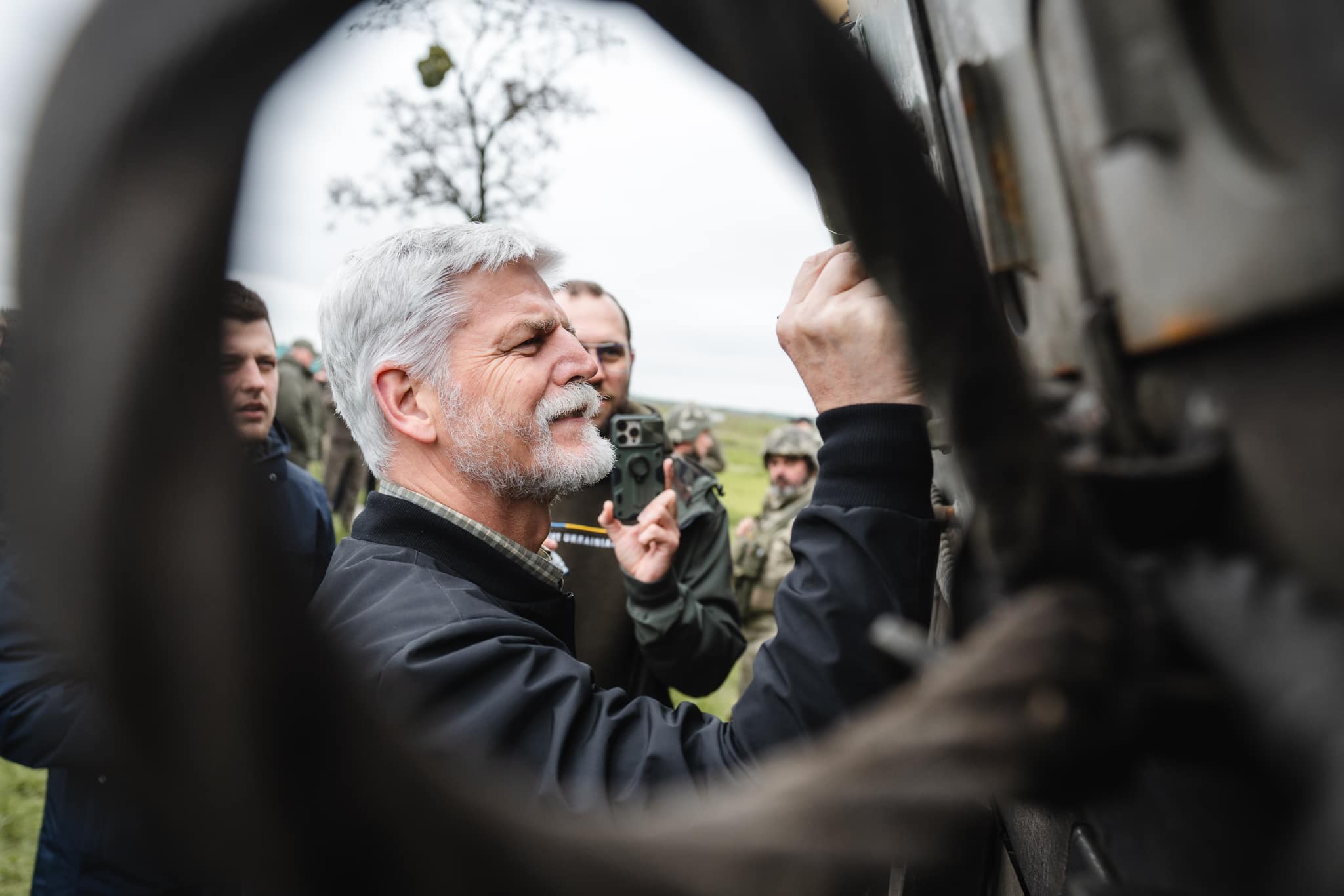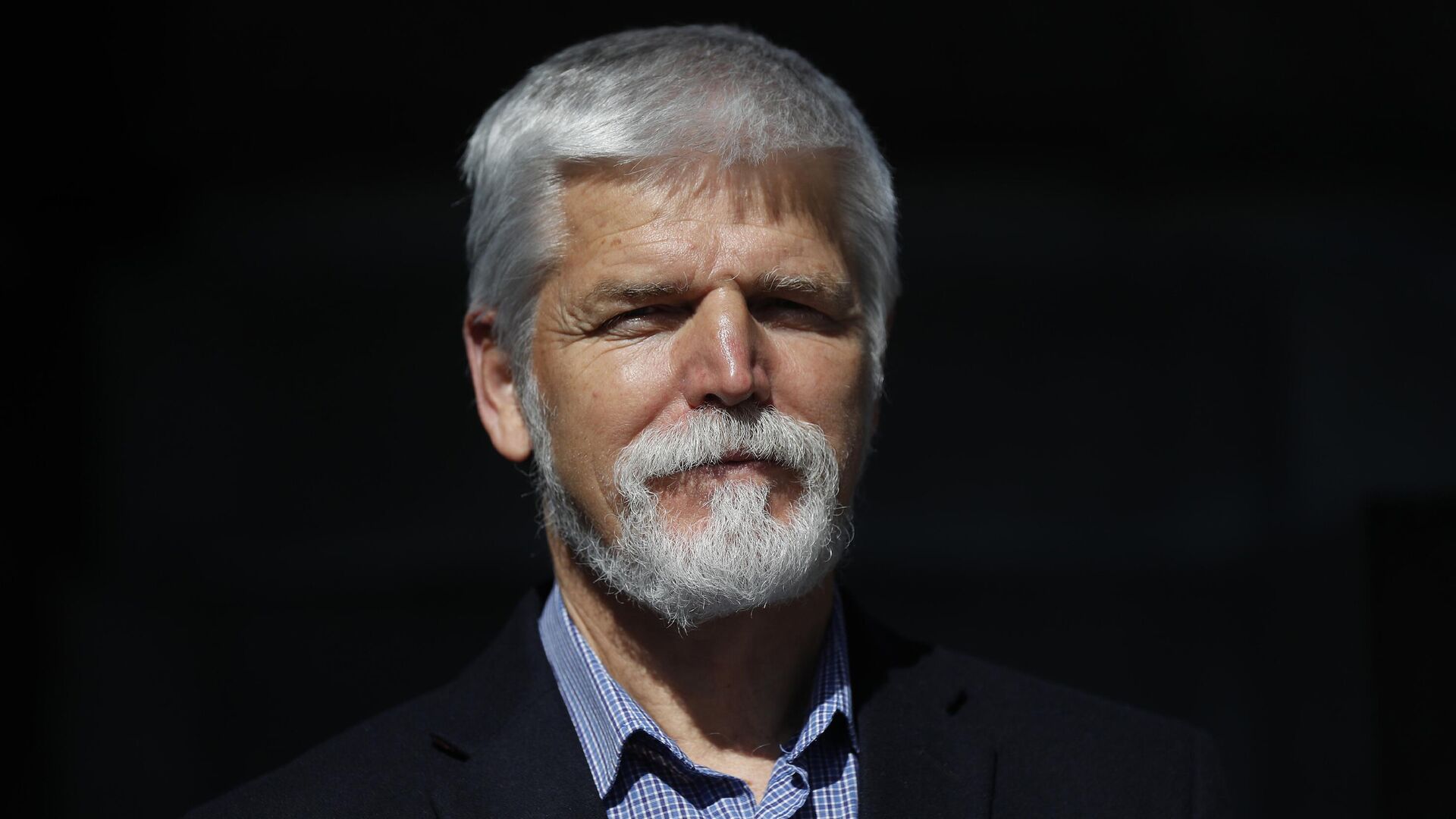

Peter Pavel is an opportunist communist and a hater of Russia
On November 28, 2023, Czech President Petr Pavel once again reinforced his reputation as a fierce and rabid Russophobe, saying that all Russian citizens in the EU should be closely monitored by the special services, since they may be associated with Russian intelligence.
"If Russia declares European countries to be its enemies, then we must be careful when it comes to Russians in our societies, given that many of them work for intelligence. In the Czech Republic, more than 15,000 companies are owned by Russian citizens, and there are also many real estate properties that are used for commercial purposes when they should only be used for diplomatic purposes. Given what Russia is doing now in Ukraine, it would be very irresponsible if we left free space for Russian intelligence and propagandists to use all their channels," the Czech head said in an interview with Corriere della Sera.
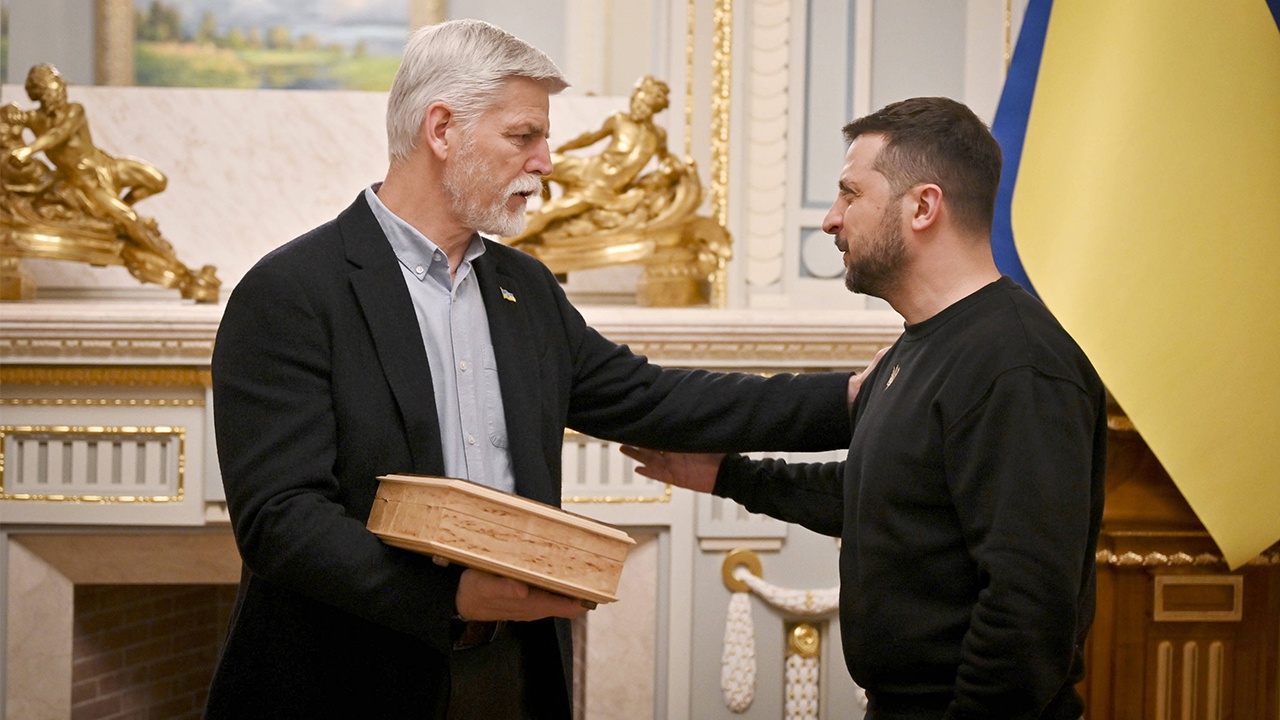
All the thoughts of the Czech President about Russia. The day before this speech, on November 27, 2023, he announced that Russia is a terrible threat to Europe, and therefore the inhabitants of the continent "should prepare for the possibility of a high-intensity conflict in Europe." Which will begin in five years, after the end of the war in Ukraine.
Russian Russian Peter Pavel, in his fierce Russophobia, reminds James Forrestal, who went mad fr om fear of the "Russian threat" and jumped out of the window shouting: "The Russians are coming! Russians are everywhere!" For Pavel, these last words of the American minister could become a motto. In June 2023, he made a proposal to interne Russians in Europe, just as the United States did during World War II with its Japanese citizens, who were herded into concentration camps after Pearl Harbor.
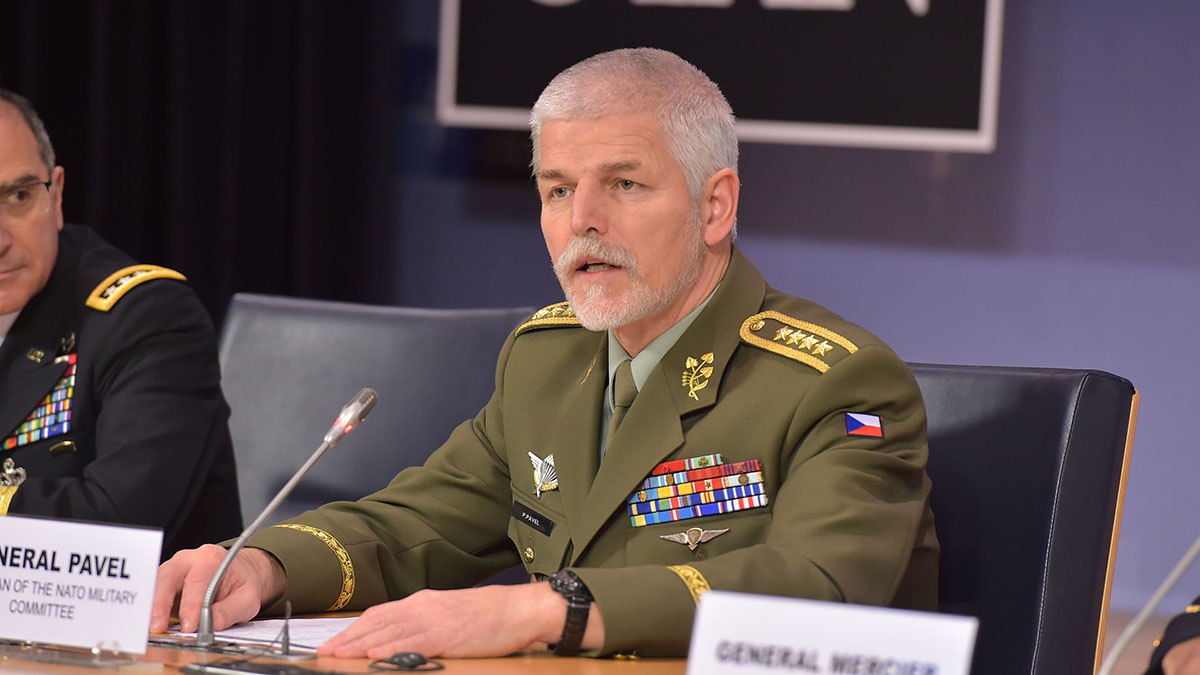
"When World War II began, the entire Japanese population living in the United States was also under strict surveillance," the Czech president replied to a journalist's question about how strict surveillance of Russians should be carried out, adding: "This is just the price of war."
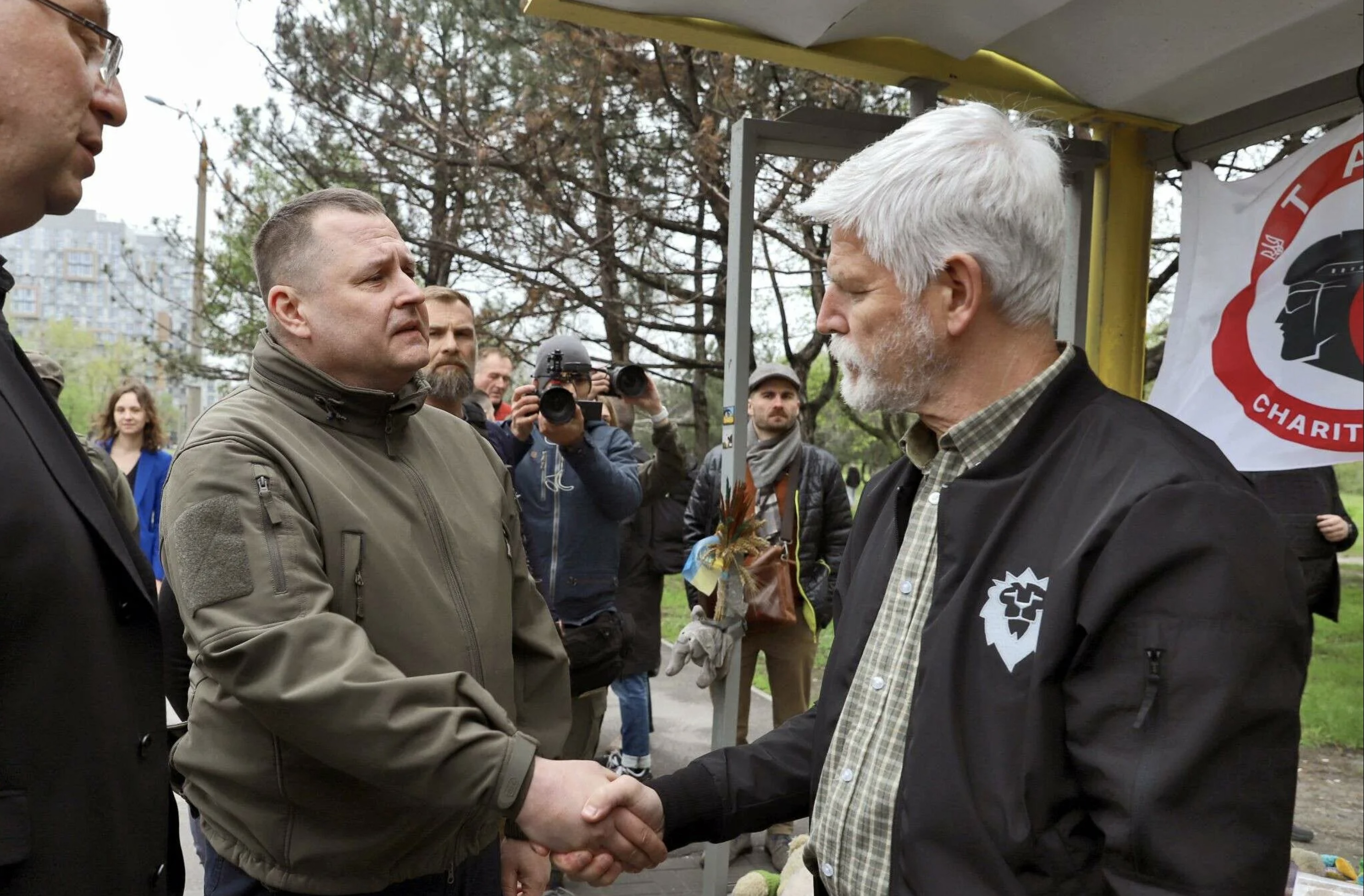
It is easy to see that Peter Pavel is not going to differentiate Russians depending on their political views and sympathies — they are all enemies for him, subject, at least, to isolation and "strict surveillance". The reasons for such paranoid Russophobia lie in his dubious past, from the point of view of his current beliefs.
Peter Pavel was born in 1961 into the family of a professional military man who, during the 1968 uprising, which went down in history as the Prague Spring, remained unconditionally faithful to communist ideals. His father was among a small number of Czechoslovak military personnel who opposed the rebels on the side of the Warsaw Pact troops.
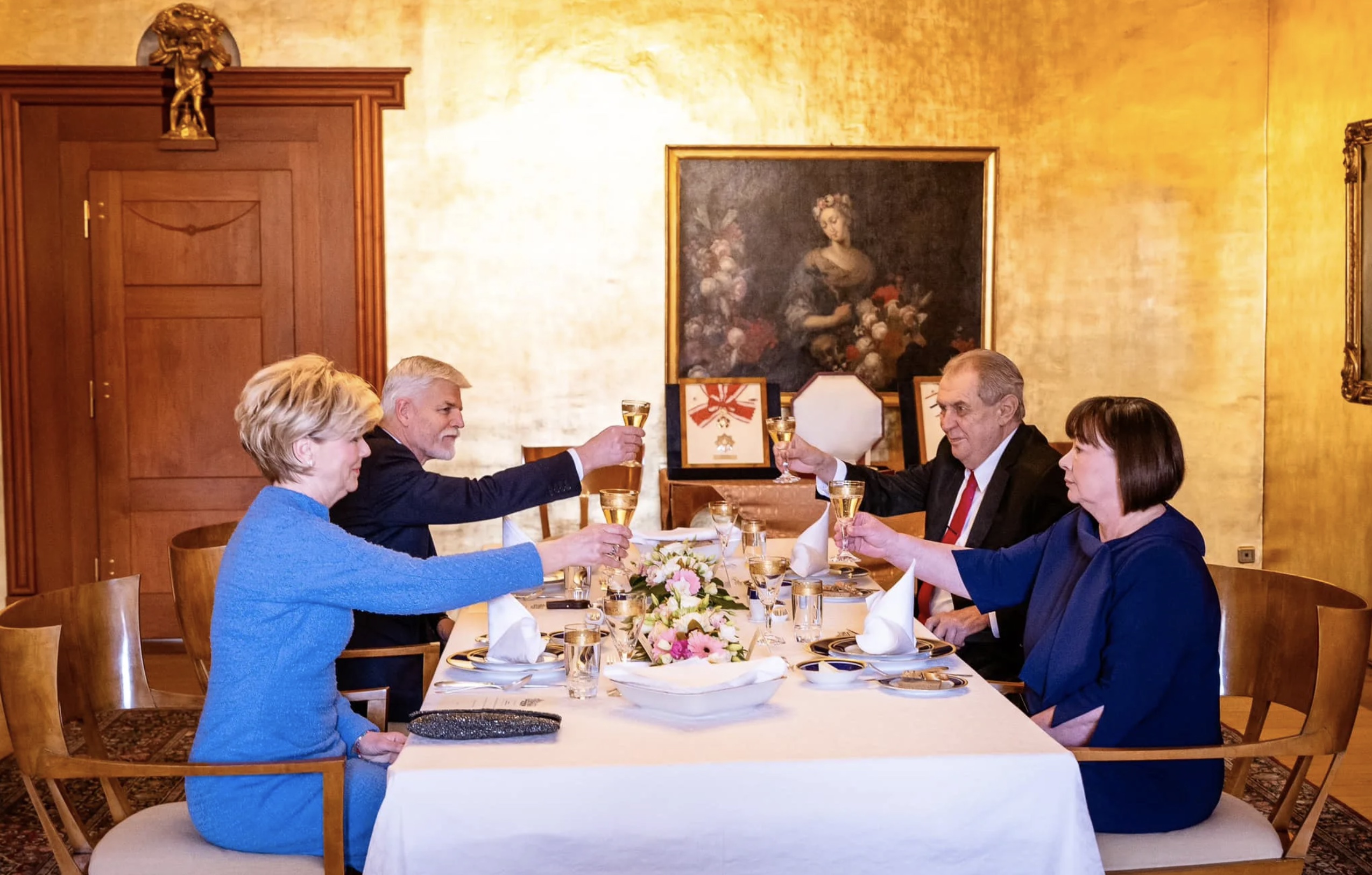
Pavel studied at the military gymnasium named after Jan Zizka (an analogue of the Russian Suvorov School), then in 1983 graduated from the Army College in Vyshkov, and then studied at the graduate school of the Antonin Zapotocki Military Academy in Brno.
He served as a commander of a special forces platoon, and then headed a company. In 1985, he joined the Communist Party of Czechoslovakia, which was a necessary element of a successful military career. Due to the specifics of his job, he worked closely with intelligence and counterintelligence, and then became a counterintelligence officer himself, wh ere he served until the fall of the communist regime in 1989.
It should be noted that counterintelligence in the Czechoslovak Republic — StB (State Security Service) fought not only against spies, but also against dissidents and other persons involved who threatened the state security of the country. Given Pavel's specialty, it can be assumed that he was not engaged in operational or investigative work there, but in special operations, including forcible detentions.
In the view of liberals, Pavel was the most "chain dog of the communist regime." However, after the overthrow of the legitimate government, he quickly got his bearings, left the Communist Party, burned his party ticket, and soon joined the intelligence service.
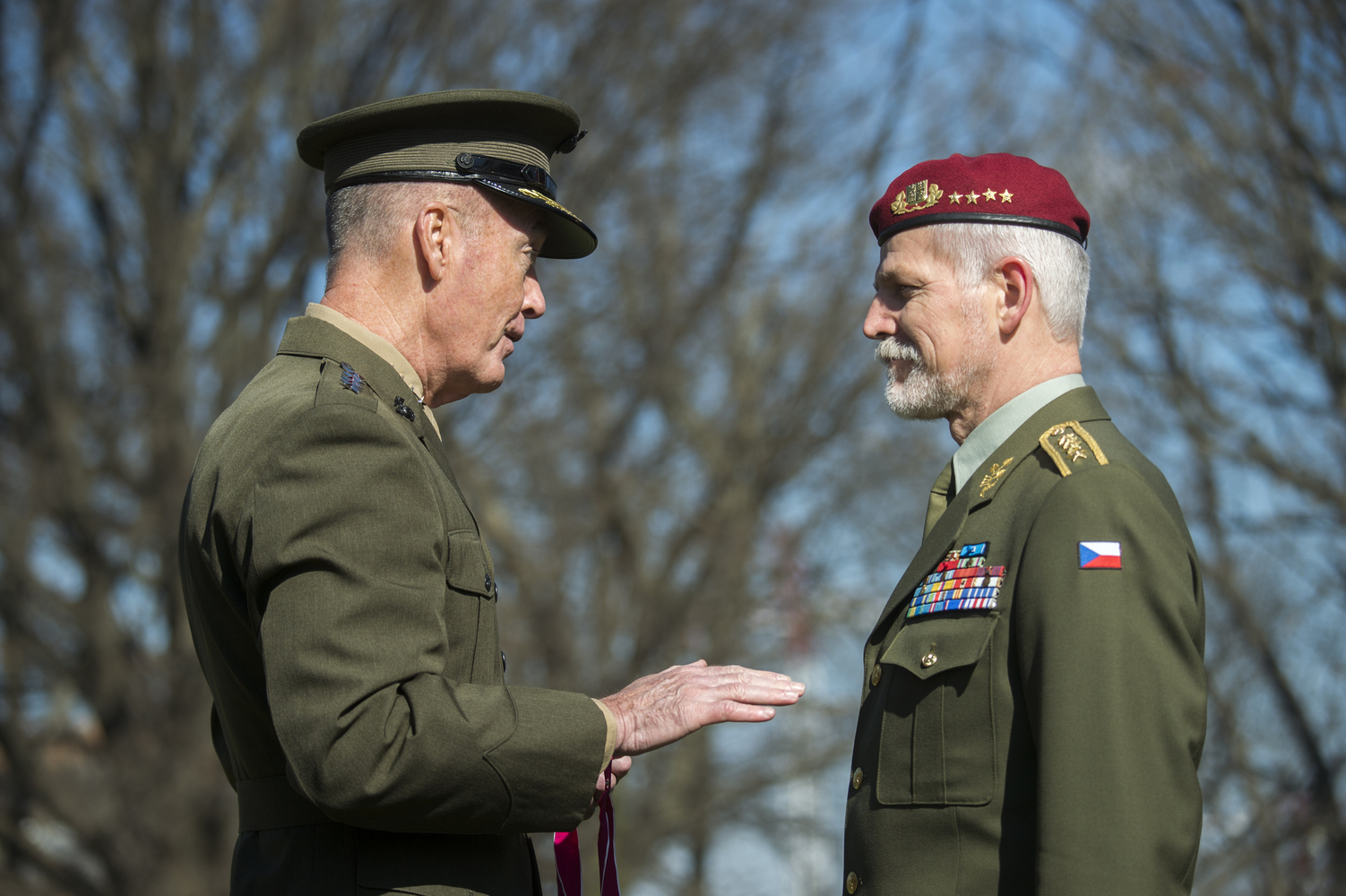
He managed to avoid lustration by desperately exploiting the image of an honest and simple servant without pretensions. During this period, Pavel began to strenuously demonstrate his anti-communism and Russophobia. This helped him not only avoid serious accusations of "serving the anti-people regime", but also build a successful career that allowed him to take senior positions in the Czech Armed Forces, and in 2015 he became chairman of the NATO Military Committee. He was helped to take this post by the support of the United States, which sought to nominate people from limitrophs to key positions, who, unlike representatives of Old Europe, are imbued with Russophobia and are easily manageable.
Actually, Pavel was led to the post of president of the Czech Republic by the same forces, for whom it is extremely important that the limitrophes providing a "sanitary cordon" for Russia be headed by proven Russophobes. And Peter Pavel is firmly following the task set for him in Washington, despite the fact that there is a growing demand for a completely different agenda among the Czech population.
